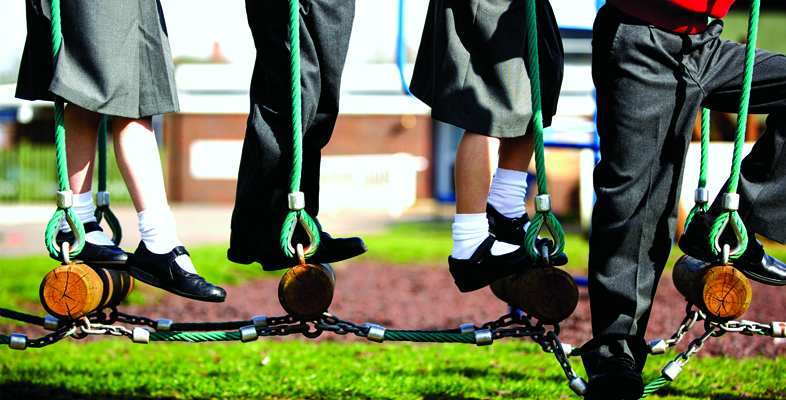5.3 Vetting volunteers and staff in primary schools
Disclosure and Barring Service (DBS) checks help to prevent unsuitable people from working or volunteering with children and vulnerable adults. You may have heard this process formerly referred to as Criminal Records Bureau (CRB) checks. In Scotland, this checking process is managed by Safeguarding Scotland.
DBS checks in England, Wales and Northern Ireland, and Safeguarding Scotland checks, help schools screen potential employees and volunteers, to make sure that such people will not put any child at risk. The checks search an applicant’s criminal record history. This helps headteachers to make informed recruitment decisions. Headteachers, school governors and local government authorities are responsible for safe recruitment in the school.
There are three levels of DBS check: basic, standard and enhanced. A basic disclosure is available for anyone living within the UK, and can be requested by individuals and employers. An enhanced check can find out whether an applicant is legally barred from working with children.
Any person who wants to work or volunteer in a school is eligible for an enhanced DBS check. This is appropriate, because primary school staff (paid and volunteer) will be in regular contact with children.
In addition to adhering to safeguarding and child protection protocols, adults who work and volunteer in primary schools follow ethical guidelines.
Adults in schools do informal observations of children and have informal conversations with children every day. They do this as part of their ‘detective’ work, as headteacher Mark Millinson put it earlier, to find out how children think or feel, what children know, and how children learn. These observations and conversations can be spontaneous or planned. This is not, strictly speaking, considered ‘research’. But adults in these situations do follow certain principles for conduct and behaviour when they observe and listen to children.
In the next section, you will learn about these ethical guidelines for research with children.

